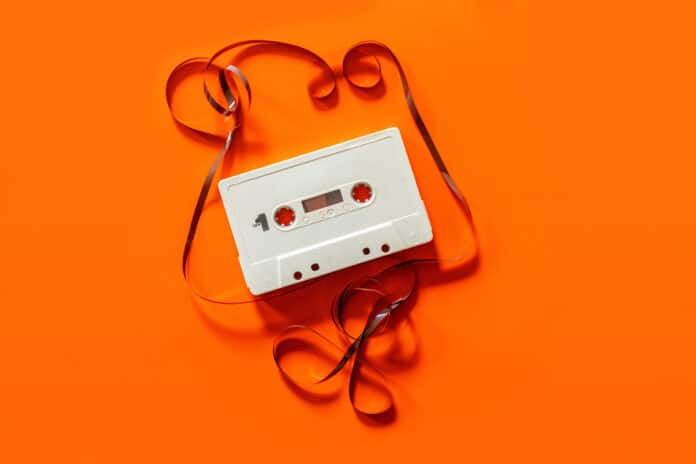
Are you a music lover who also has a keen interest in marketing?
Well, you’re in for a treat! This blog post will dive into how industries use music theory to captivate their audiences.
You’ll be amazed at how sound can evoke emotions and influence consumer behavior, from film to gaming, advertising, and even the music industry itself. Whether you’re a marketer, a musician, or just someone curious about music’s power, this post is for you.
So, grab your headphones, and let’s get started!
Film Industry
In the film industry, composers use music to enhance a scene’s emotional impact and guide the audience’s attention. For example, a suspenseful chord progression may create tension in a thriller. In contrast, a joyful melody may convey a sense of happiness in a romantic comedy. It’s not just about emotion; music is leveraged to establish the time and place of a scene, such as by using traditional instruments to signify a historical setting.
Retail Industry
In the retail industry, music is often used to create an atmosphere in the store that will encourage customers to stay longer and buy more. For example, upbeat and cheerful music will create a happy atmosphere, enabling customers to spend more time in the store and make more purchases.
Sports Industry
In the sports industry, music pumps up the crowd and creates a sense of energy and excitement. Teams often play a specific song to signal a big play or a win, and they can leverage the same power during training sessions and practices to help athletes focus and get into a positive mindset.
Gaming Industry
Game developers use music to create an immersive experience for players. The use of different genres of music, such as action-packed rock music for fast-paced action scenes, creates a sense of excitement and tension. This spans all games, from old classics and console games to online casino games. In addition, music is also used to signify different locations or milestones in the game, such as using a peaceful melody for a calm part and a suspenseful piece for a dangerous or exciting area.
Advertising Industry
Advertisers use music to evoke emotions and create a particular atmosphere, which can influence consumer behavior. For example, a happy and upbeat song may promote a new car, while a soothing melody may promote a relaxing vacation. In addition, music can also be used to create a sense of nostalgia, such as by using a classic song from the past to promote a new product.
Music Industry
The music industry itself also uses music theory to create hit songs. Musicians and songwriters use chord progressions, melodies, and rhythms that are known to be popular and appealing to audiences. In addition, they also use music production techniques to create a specific sound that is unique to their style and appeals to their target audience.
Theme Parks and Attractions
Theme parks and attractions often use music to enhance the overall experience for visitors. For example, a specific theme song or background music may be played within a particular area or attraction to create a sense of immersion and enhance the atmosphere. You will also likely hear music in parades and shows to create a festive and exciting atmosphere.
Fitness and Wellness
In the fitness and wellness industry, music is often used to set the pace and tempo of exercises and create a motivational and energizing atmosphere. For example, upbeat and energetic music is often played during cardio workouts, while relaxing and soothing music is played during yoga or meditation classes.
Hospitality and Tourism
In the hospitality and tourism industries, music creates a welcoming and comfortable atmosphere in hotels, resorts, and restaurants. Background music is often played to create a relaxing and soothing atmosphere, while live music may be played in certain areas to create a livelier and more entertaining atmosphere.
Real Estate
In the real estate industry, music is used to create a certain atmosphere during open houses and property tours. For example, soothing and relaxing music may be played to create a sense of calm and comfort, while upbeat and energetic music may be played to create a sense of excitement and energy.
Spa and Beauty
In the spa and beauty industry, music is used to create a relaxing and soothing atmosphere for clients. Soothing and calming music is often played during massages, facials, and other treatments to help clients relax and unwind. In addition, music is also used during hair and nail services to create a pleasant ambiance and make the overall experience more enjoyable for clients.
The Power of Music Theory in Marketing is Remarkable
Music is a versatile tool that can be used across various industries to captivate audiences and evoke emotions.
From the film industry, where composers use music to enhance the emotional impact of a scene, to the gaming industry, where developers use music to create an immersive experience for players, it’s clear that sound plays a crucial role in shaping the atmosphere and emotions.
So, the next time you watch a film, play a game, or even walk into a store, pay attention to the music and see how it’s being used to influence your emotions and actions. It’s a fascinating world to explore!









